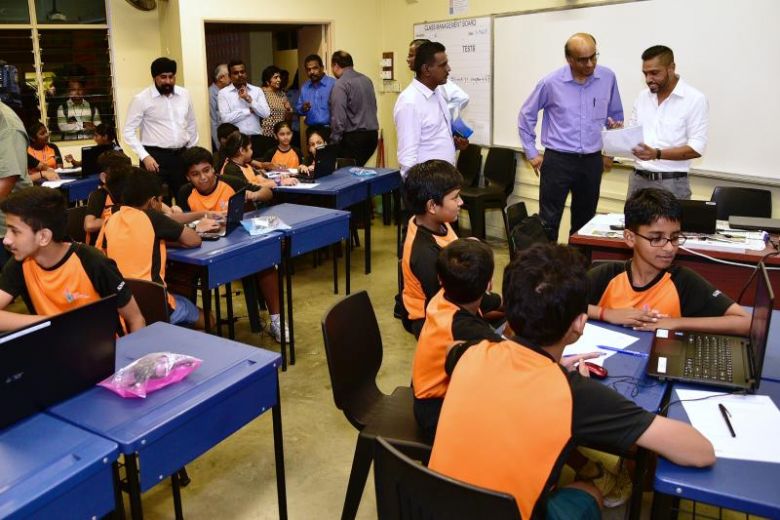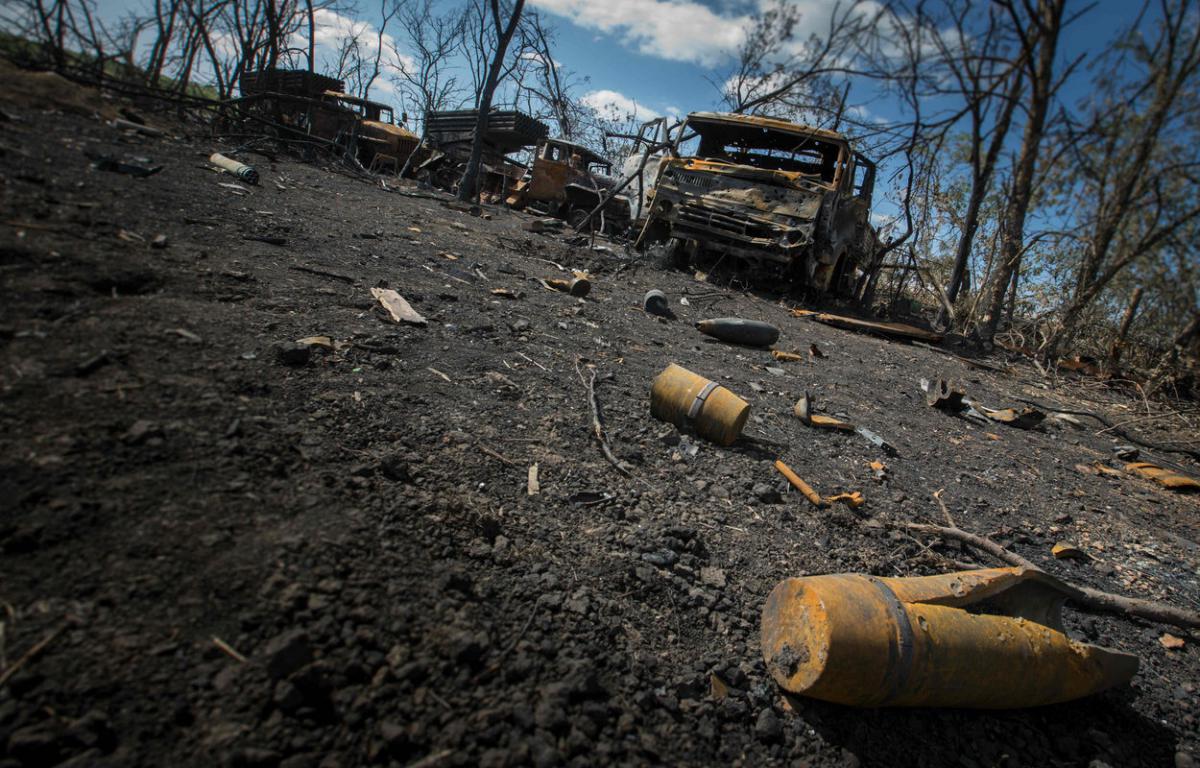LSE ID alum and LSE Generate finalists, Lucy Lu tells us about how the in-house innovation accelerator helps support student and alumni entrepreneurship and provides funding for their socially driven ventures.
My name is Lucy Lu and I am the co-founder and CEO of the RE: Project a career development and mentorship community for students, graduates, and young professionals working in social science-related fields, offering personalised career development support to help young social scientists develop the skills and networks necessary to build future-proof careers.
It’s been almost one year and a half since we founded The RE: Project in 2019, and our community has grown significantly since then. Along the way, we have received plenty of support from LSE Generate. For those of you who might not know, LSE Generate is the in-house innovation accelerator for LSE related start-ups. It supports LSE student and alumni entrepreneurship, funding socially driven ventures, both in the UK and across the globe, via their international innovation hubs.
Generate runs two funding competitions for students and alumni every year – one during Michaelmas Term and one during Lent Term. Successful finalists are invited to a Dragon’s Den (or Shark Tank) style 10-minute in-person pitch where they pitch to an expert panel of investors and mentors, and in front of an audience of LSE students. Every year, 6-10 winning ideas are picked, each taking home £30,000 to spend on their ventures.
Last autumn, the RE: Project entered the LSE Generate funding competition. After three rounds of fierce competitions, we made it to the finals and were successfully awarded a start-up visa endorsement.
We are very grateful for the opportunity of the funding competition, not only for the visa aspect which allows us to go back to UK and work on our venture for two years. But also, during the process, we were able to create a strategic business pitch deck (or summary presentation) and practice our presentation skills, and the shared experience brought us closer together as a team. During the final round we were also able to receive useful feedback from judges about the viability and scalability of our business model. To us, the LSE Generate funding competition gave us the perfect opportunity to take our business to the next level. I personally would highly recommend alumni with a start-up venture or a business idea to enter the competition!
Last year the RE: Project collaborated with LSE generate to create a contact series “Meet The Founder”. This series featured the LSE Generate Alumni founders of businesses and start-ups that were created during COVID and the entrepreneurial mindsets behind their innovation! Check out the interviews by clicking on the bold links below:
The first episode featured Bilal Bin Saqib, who is a Forbes ‘30 under 30’ award recipient for his social entrepreneurial work in Asia as the founder of Tayaba.org. Holding a master’s in Social Innovation and Entrepreneurship from LSE, he is one of the co-founders of the One Million Meals campaign! Currently he also mentors at the Queen Mary University of London. Amidst COVID19, OneMillionMeals was created to provide free daily nutritious meals to frontline NHS staff and key workers.
The second episode featured Jaron Soh, an LSE Alum of ‘17 with a B.Sc. in Management. During his time at LSE, he founded Artisan & Fox, an ethical online marketplace that connects artisans from developing regions to international markets.
The third episode featured Yohan Iddawela, the Co-Founder of a UK social impact company, Lanterne. (This episode is also my personal favourite!). Currently Yohan is a PhD candidate in Economic Geography at LSE and is behind the app, Crowdless, which helps people practice social distancing by avoiding queues and crowds at stores, providing you with real-time info on the crowdedness of places. The Crowdless Volunteer Community Ambassadors program helps at-risk people as well as on-boarding local businesses.
The last episode featured Josephine Liang & Stephanie Cantor, the founders of Dear to Care Packages. Dare to Care Packages was created during COVID19 to deliver care packages of #essential items like food and hygiene products to people in self-isolation and PPE to NHS in London!
It was great to learn from experienced founders about their entrepreneurial journeys, as well as listening to their advice to students who are just starting out on their ventures. They also talked about their personal experience with LSE generate how coaching and support offered by generate helped them kick started their venture!
I only discovered LSE Generate after I graduated, thus I wasn’t able to take full advantage of what Generate can offer whilst I was at LSE. So, if you have a seed of an idea and are interested in starting your own venture, I would definitely recommend seeking assistance and support from LSE Generate while you are on campus!
Applications for the Lent Term funding competition are now closed. However, you can still book an appointment with one of the LSE Generate Team members who can offer personalised advice and support in a 15-minute one-to-one session. Please email generate@lse.ac.uk for more information. You can also sign up to their newsletter to receive information about events and opportunities throughout the year. LSE Generate also offers a year-round programme that is packed with funding competitions, events and networking opportunities open to all LSE students and alumni.
The views expressed in this post are those of the author and in no way reflect those of the International Development LSE blog or the London School of Economics and Political Science.





